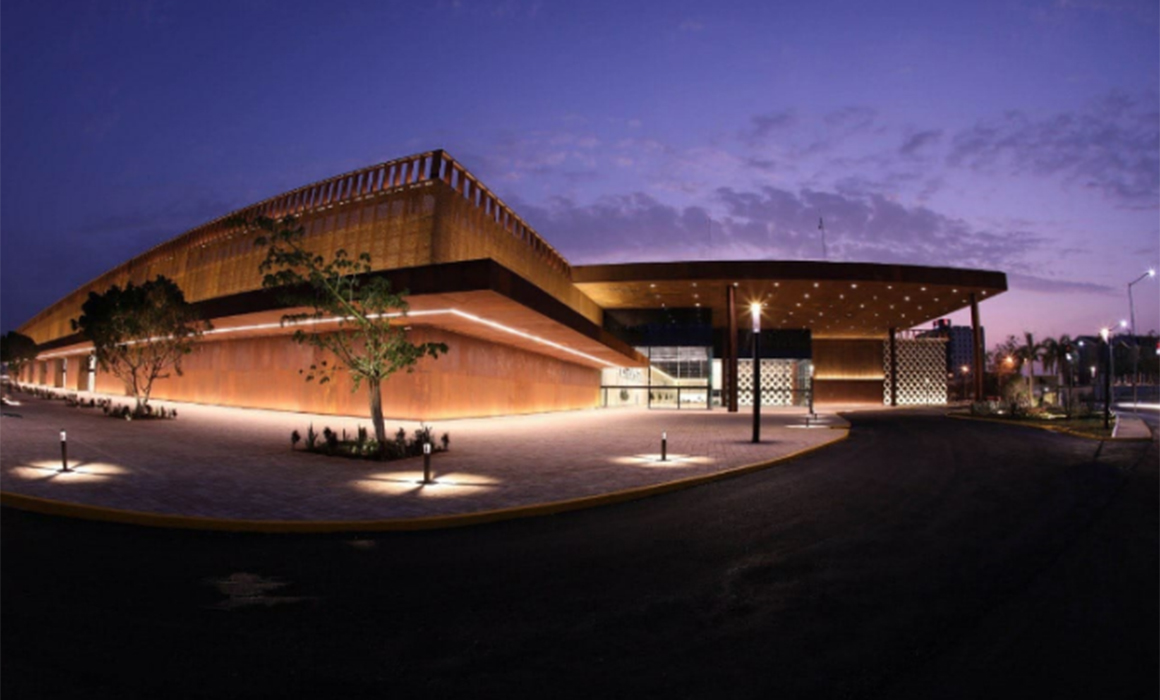El secreto de Puente Viejo Las nuevas tramas de sus protagonistas YouTube
PERSONAJES. Al completo todos los capítulos y temporadas de 'El secreto de Puente Viejo'. Disfruta de todas las temporadas de la serie de Antena 3.

PERSONAJES. Al completo todos los capítulos y temporadas de 'El secreto de Puente Viejo'. Disfruta de todas las temporadas de la serie de Antena 3.

No te preocupes aquí vas a conocer todos los detalles. La experiencia laboral es la sección más importante en casi todos los tipos de currículum vitae.. Cuando te presentas en

Klaire Labs L-Lysine - 500 Milligrams Essential Amino Acid Support. XYMOGEN L-Theanine. As we age our bodies may not produce enough amino acids which are essential for building and repairing

Método de fusión y vertido. Este es el método más fácil y rápido para hacer jabón casero. Consiste en derretir una base de jabón prehecha agregar colorantes fragancias y otros

Method. Cook the asparagus broccoli and courgette in a large pan of boiling salted water for 3 mins or until just tender. Drain rinse under cold running water and set

Transfer Info. Free Cancellation 24h. USD 467.4. One Way. Book Now. Feedback for airport transfer from Punta Cana Airport to Bavaro. Good prices and easy to book Good prices and

Atajos de barcelona.cat. ajuntament.barcelona.cat. Cartelera de cine. Busca por Película Busca por Cinema. Peliculas. Abigail. Ama Gloria. Anatomía de una caída.. El chico y la garza. Director. Hayao Miyazaki. Sinopsis.

Es un espacio de diseño para el alojamiento empresarial en Badalona a diez minutos de Barcelona y al lado del Maresme. Con más de 20 años de experiencia es un

The Parador de Cervera de Pisuerga is located in the Fuentes Carrionas Reserve north of the province of Palencia. This is a natural spot of unique splendour and the refuge